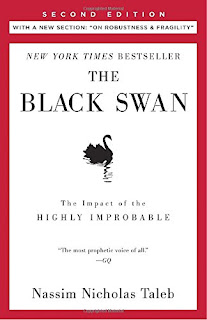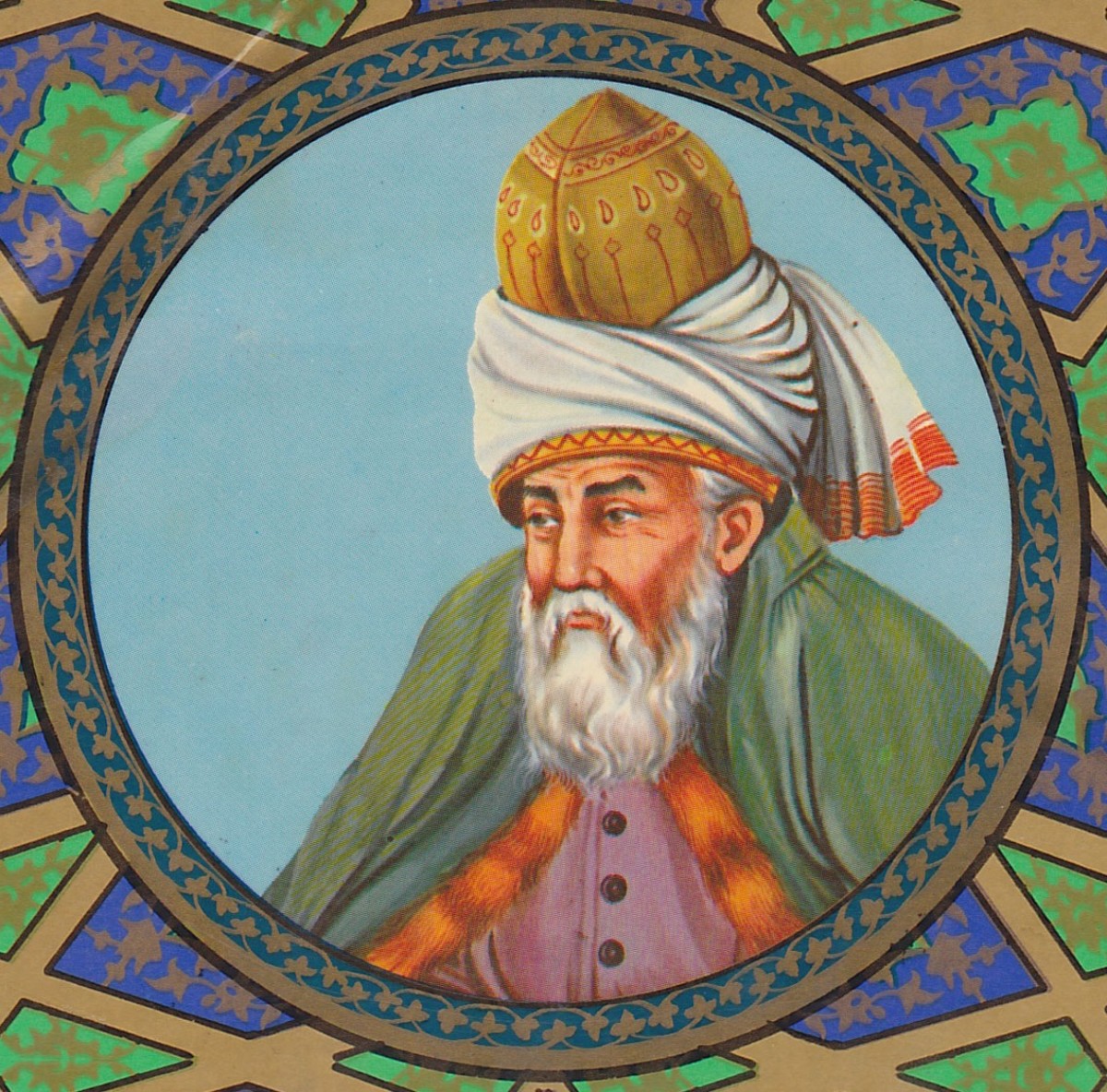Book Review: Nassim Nicholas Taleb's The Black Swan
The Black Swan starts with a brief introduction to the namesake: the focus is on how the sighting of a single black swan invalidated countless sightings of white swans over decades and centuries, the latter observations of which gave rise to the then generally accepted, but ultimately erroneous, view that all swans were white. As you might imagine, Taleb sees this event as analogous to an abiding empirical problem. Persons predict outcomes in all things based on patterns, and patterns rely on observations accrued from experience or otherwise things that are known to have occurred in the past. Yet there comes a time where something so outside the realm of prediction happens, such as the rise of Hitler, the Great Recession etc.; these are called outliers. What makes these outliers Black Swans, in Taleb’s terminology, is by means of a triplet of qualifications: ‘rarity, extreme impact, and retrospective (though not prospective) predictability’. And the magnitude of the impact is, as the qualifier ‘extreme’ suggests, nothing to scoff at, having changed History so far beyond the boundaries of what might have been predicted. What is indeed amazing is how, as Taleb himself notes in the introductory chapter, how little we care about such events, going about our daily lives and scheduling our long-term plans as if they ‘did not exist’.
Taleb’s
book deals with such issues as ‘naïve empiricism’, or the tendency to construct
narratives and then look for instances that accord with those narratives, and
considers their very essence, which is epistemology, or the theory of knowledge. In that way Taleb’s
work accords very closely with Daniel Kahneman’s Thinking Fast and Slow in the
attention given to such cognitive biases
and how they affect our perception of the world. Much of the confusion and
oversimplifications of History, Taleb seems to suggest, can be accounted for by
the limitations inherent in the human mind with respect to processing
information. We tend to latch onto certain memorable factors, conveniently
forgetting all of the minor details that either might not have mattered, or
that we thought might not have mattered (the distinction being of utmost
importance). The end result is Mediocristan,
the hypothetical land whose events can be modeled by the Gaussian curve, and
where variation is constrained within perceivable and predictable bounds;
nothing is out of the ordinary, and life goes along like clockwork, foreseeable,
mundane, and understandable. Contrast
this with Extremistan, the land
whereby events occur unpredictably and where persons are subject to extreme
variations: think Bill Gates’ wealth versus that of the median. The perennial
cognitive bias seems to be that individuals place too much faith in standard
models of prediction, never thinking to consider and insulate themselves
against the onset of Black Swan events; our mental framework fails to
intuitively account for all these potential game changers, and so we must
actively learn to think otherwise, or be forever beholden to the vagaries of
circumstance.
Taleb has
written a greatly engaging volume, at times humorous and witty, at times deep
and enlightening. The concept of the Black Swan teaches a truism of the human
psyche, revealing to us that persons are caged by their mental frameworks and
meager processing powers, yet being so blinded by arrogance or perhaps taking
circumstances too much for granted, as to think all things can be predicted
with reasonable accuracy. The world, much more the universe, is filled with so
many interconnecting layers that were we to delve into the minutiae of any one
historical event, for example, we would be so burdened by the multiplicity of
significations of small and apparently obscure events that the human mind would simply fail to comprehend its totality. In a world subject to the unbridled ferocity of Black Swans,
what we don’t know is most important,
and we would do well to deliberate the end to which Umberto Eco maintained his ‘antilibrary’, a library filled with books he had never read
– as a research tool, yes, but also as a reminder of the vast and untapped
knowledge of which any man can but taste an infinitesimal proportion in his
vanishingly short life.
Reading Description: Intelligent and Concise




Comments
Post a Comment